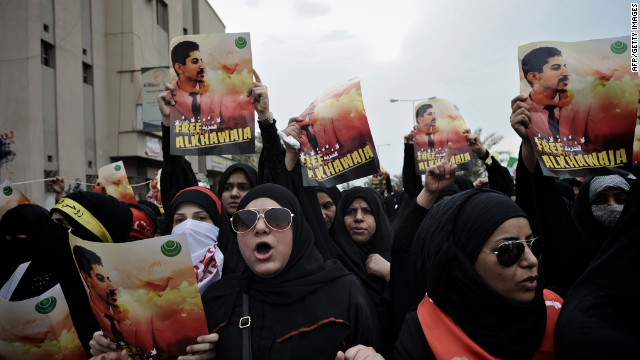STRASBOURG, France — The European Court of Human Rights on Thursday denied German man’s human right to carry on an incestuous relationship with his sister. Patrick S. of Leipzig, the man convicted in this case, failed in his assertion that a ban on incest violated his right to “respect for private and family life,” which the European Convention on Human Rights protects.

The ECHR is the judicial prong of the Council of Europe, a group of forty-sever member states located in Strasbourg, France.
In a unanimous decision the Court held that although the German law’s effect violated Patrick S.’s choice of family life, it is nevertheless permissible because it is “aimed at the protection of morals and the rights of others.”
Germany’s law is predicated on the likelihood that a child of an incestuous relationship will be born with a disability.
The story underpinning the case is unusual. Patrick S. became estranged from his biological family shortly after his birth in 1976 and was raised in care. It was not until 2000 that he reunited with his family. At that point he developed a consensual sexual relationship with his biological sister. Over the course of that relationship from 2001 to 2005 they had four children together.
Germany outlaws sexual relations between relatives and punishes such behavior with up to three years in prison or a fine. Patrick S. was handed several prison sentences and has already spent three years in prison.
The ruling has prompted some German legislators to call for a repeal of the incest ban and join nations like France, Japan, Turkey, and Brazil in allowing family members to have sexual relationships. Hans-Christian Ströbele of the German Green Party said, “Two grown up people should be able to decided for themselves whether they want to have sex with each other — assuming, of course, that they love each other and it happens voluntarily and there is no form of dependency in the relationship.”
The center-left German newspaper Suddeusche Zeitung also wrote in opposition to the ECHR’s ruling:
The unspoken central reason for the societal taboo and the penal ban on incest is the possibility of hereditary defects — a factor that Strasbourg only hinted at. But the intention behind the eugenic argument is one that is indefensible, and not just in Germany with its terrible Nazi past: The increased risk of hereditary defects does not justify a legal ban. Otherwise you would have to legally ban other risk groups, like women over 40 or people with genetic diseases, from having children. Does anyone truly want to prevent predictable disabilities using penal measures and thus deny disabled children the right to life in 2012? That’s absurd. And yet such fears of genetic damage are precisely what shape the punishibility of sexual intercourse between siblings.
An editorial in Die Tageszeitung, however, applauds the ruling:
The ban on incest is no arbitrary law or anachronistic rule that is irreconcilable with self-determination in sexuality and an enlightened society. To the contrary: It is, as the anthropologist Claude Lévi-Strauss said, a prerequisite for sociality — and a prerequisite for enlightenment and the rights of the individual.
In the aftermath of the ruling, Patrick S. says that the German law has ruined his family. He and his sister are now separated and three of the children live in foster homes. The fourth child remains with the mother.
For more information please see:
The Independent — European Court Supports Guilty Verdict In Incest Case — 13 April 2012
MSNBC — German Incest Couple Loses Human Rights Case — 12 April 2012
Spiegel Online — German Incest Ban Upheld By European Court — 12 April 2012
Spiegel Online — ‘Siblings Tied By Incest Don’t Belong In Courts’ — 12 April 2012
Washington Post — Germany Didn’t Violate Man’s Right Over Incest Conviction, European Court Says — 12 April 2012


